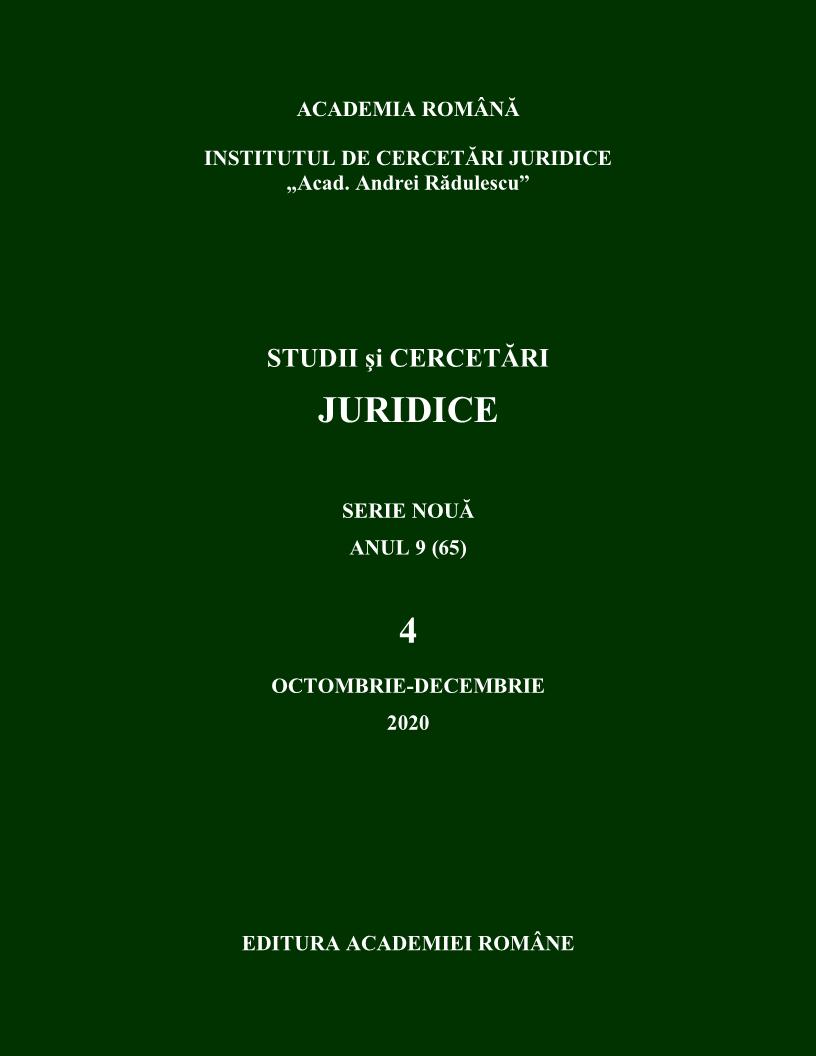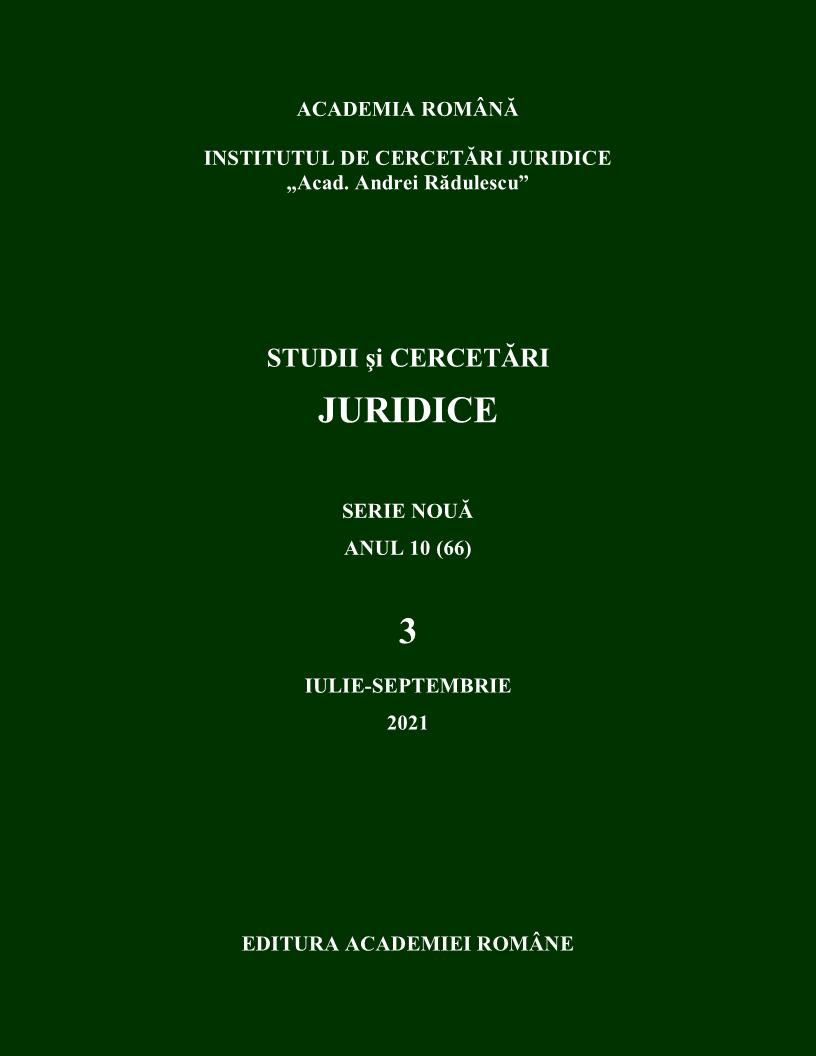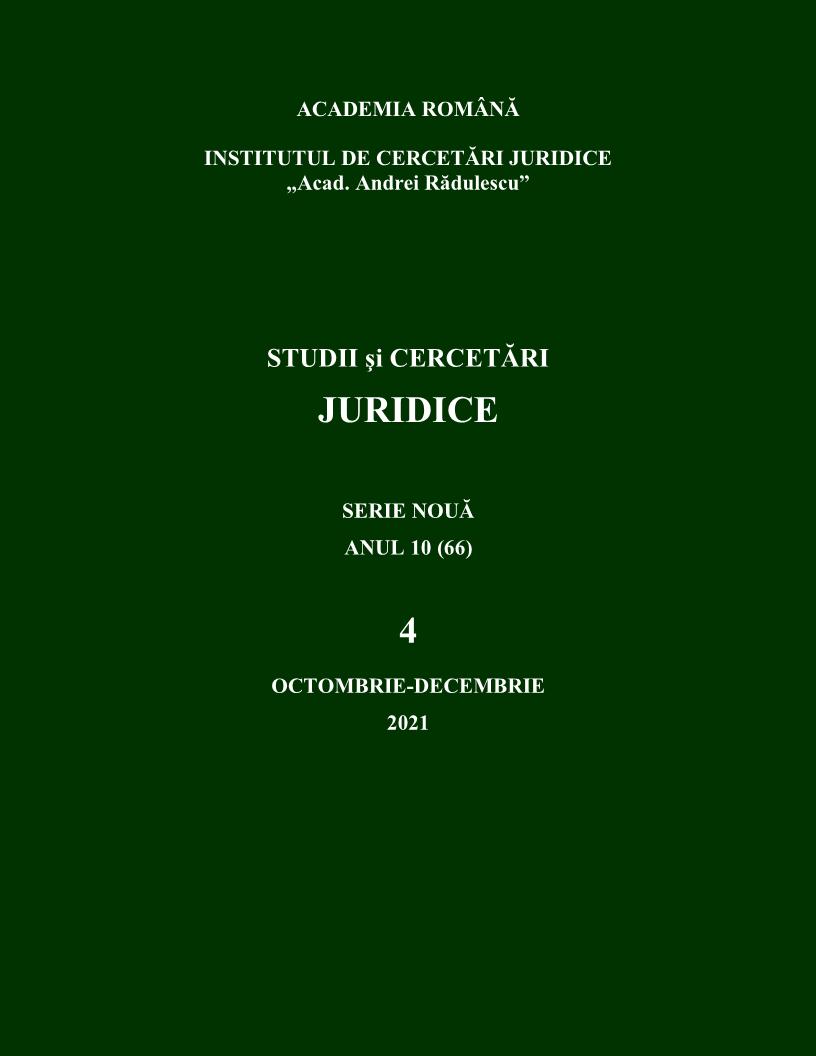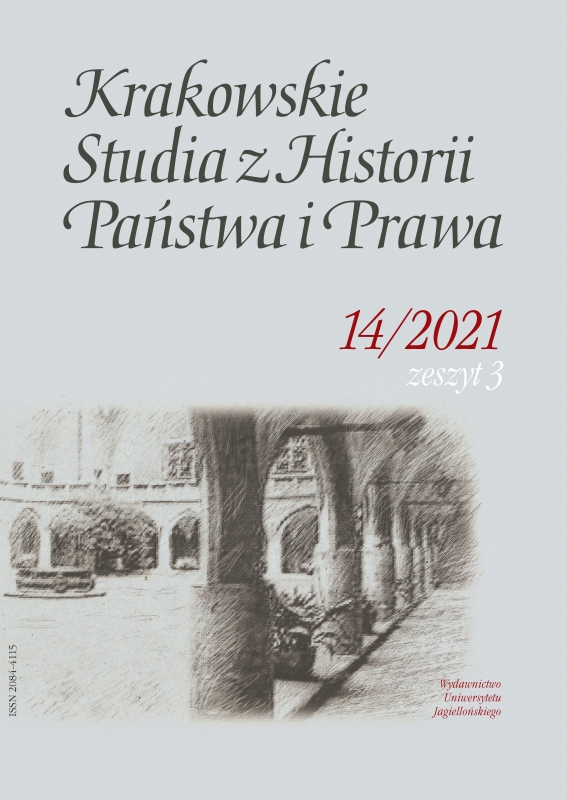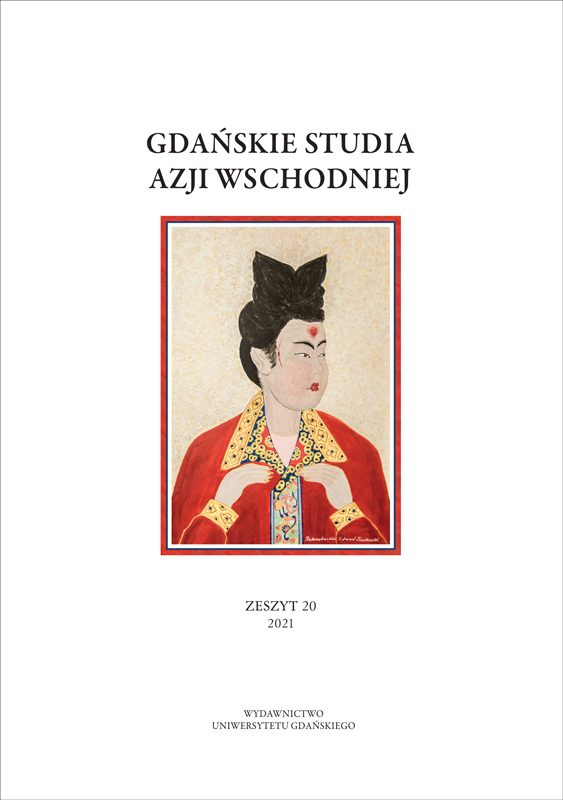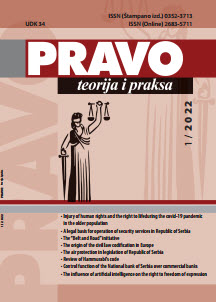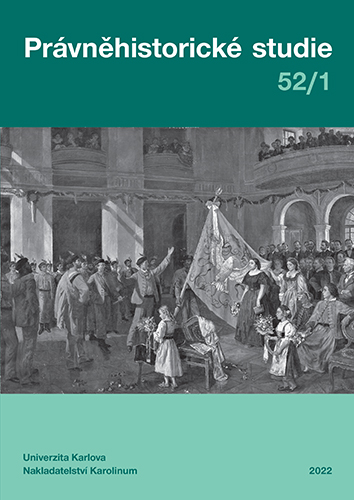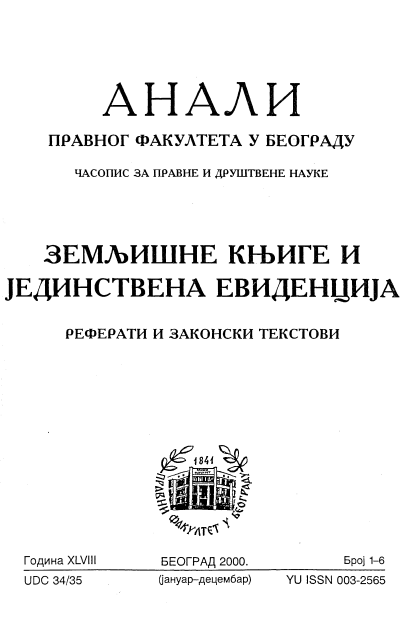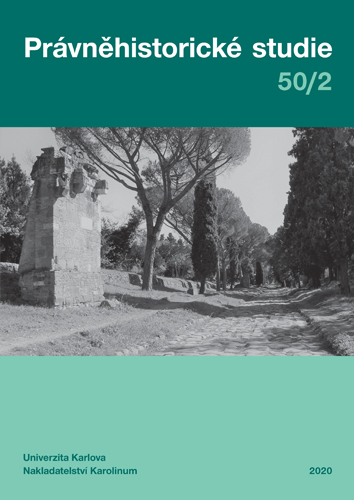
Composizione, lectio e competenze del senatus alto-repubblicano
The paper deals with the Roman senatus in the period from 5th to 3rd century BC, from the point of view of its composition, completion and selected competences. As to its composition, in the most arcaic times of the Roman state, the senate was an assembly of the heads of clans (patres gentium), who represented the ideas of patricians. The paper presents gradual transformation of the composition of the senate and switch towards the inclusion of the plebeians. It describes also the process of the cooptation of the mem¬bers, rules of which incurred fundamental changes from the hereditary principles to the regulation given by statutes. A significant part of the paper is focused on the judiciary function of the senate and the relationship between the iudicium senatus and the iudici¬um populi, based mainly on the testimonies written by ancient authors as Livy, Valerius Maximus or Dionysios of Halicarnassus.
More...
